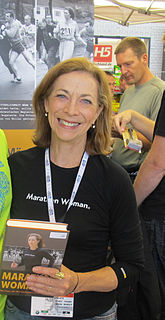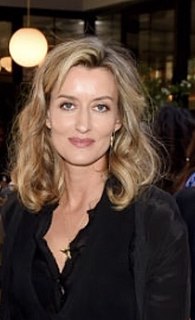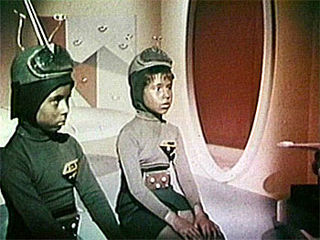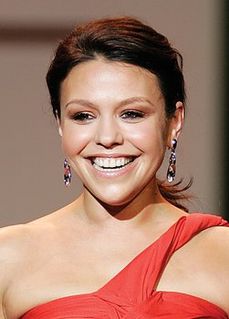A Quote by Kathrine Switzer
Jock Semple and I were at daggers drawn for five years, even though I kind of forgave him from the get-go. I knew he was an over-stressed race director, I knew he was protecting his race. It took five years because we had to do our homework - meaning we women - we did our legislative work and we officially got into the Boston Marathon. Then, all was forgiven by Jock Semple.
Related Quotes
When I forgave Jock Semple on Heartbreak Hill, I also got really cross with women. I couldn't understand why they didn't get it, why they didn't know that running was so cool and why they weren't in the race as well. Then I thought to myself "How stupid can you be? You've had so much encouragement and motivation and these women haven't."
When I finished the Boston race in 1967, there were two things I wanted to do. I wanted to become a better athlete because my first marathon was 4:20. In those days, that was considered a jogging time and I knew people were going to tease me. But I was more fascinated with what women could do if they only had the chance.
I've had two great years, probably five good years. So I had 20 years of just kind of uncertainty and suffering and ego destruction and poverty. All these things. There's no way I'm ever going to catch up to the misery years. It's impossible... If I don't do anything dumb or I don't get a disease or something, and then I've got to five to eight years I think where it'll really be great and then it will start to degenerate like uranium, you know?
Seventy-five years. That's how much time you get if you're lucky. Seventy-five years. Seventy-five winters, seventy-five springtimes, seventy-five summers, and seventy-five autumns. When you look at it like that, it's not a lot of time, is it? Don't waste them. Get your head out of the rat race and forget about the superficial things that pre-occupy your existence and get back to what's important now.
I first met my husband when I was 15. He was very cool, in a band, all that kind of thing, but he took a long time to grow up. Our paths crossed again 10 years later, and after about two weeks I knew that was it. I'm glad I met him when I did, even though I was fairly young. Because I think sometimes you can crystallise into singledom.
Fifteen years ago I knew I had to settle into being a mom and give them a normal life, which I never had. I was always traveling. I had tours. I wanted my kids to settle down, and we kind of did it together.... It was a bumpy transition. There was no director telling me what to do. No script, but I really enjoyed it. I even became president of the PTA. Doing the laundry was a meditative experience. Now, when I start to get nervous and stressed, I go in and start to fold towels.
I did 30 Minute Meals for five years on local television, and I earned nothing the first two years. Then I earned $50 a segment. I spent more than that on gas and groceries, but I really enjoyed making the show and I loved going to a viewer's house each week. I knew I enjoyed it, so I stuck with it even though it cost me.




























